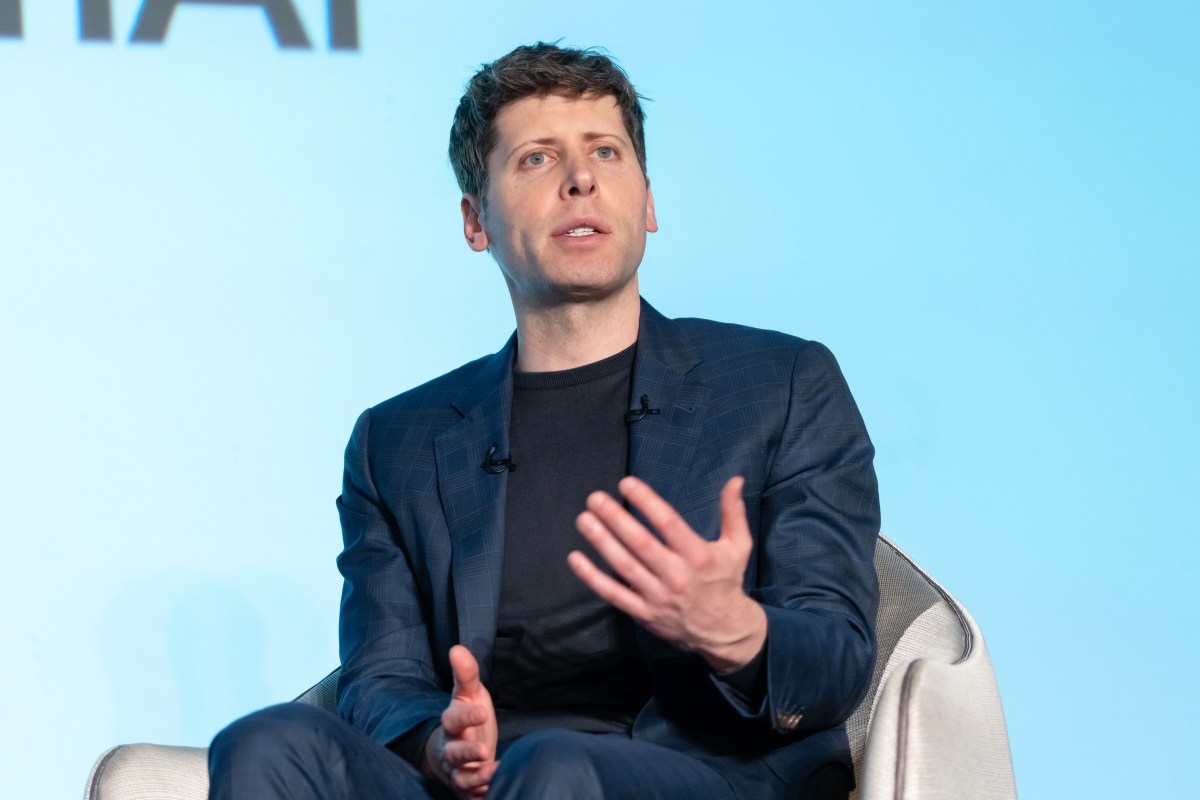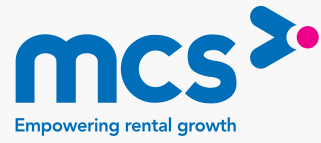Legal filings from OpenAI and Jony Ive’s io detail their attempts to create a mass-market AI hardware device amid a trademark dispute with iyO, a Google-backed startup developing custom earpieces. OpenAI has halted promotional materials regarding its $6.5 billion acquisition of io to comply with court orders as it contests allegations of trademark infringement by iyO.
OpenAI and io have researched various in-ear devices over the past year, purchasing 30 headphone sets for market comparisons. Despite initial explorations into in-ear technology, a prototype mentioned by OpenAI’s CEO Sam Altman is claimed not to be an in-ear or wearable device. Expected to be available in over a year, the first product aims to complement smartphones and laptops.
The companies are also considering various form factors beyond headphones, amidst competitive pressures from AI-enabled devices like smart glasses. Despite discussions with iyO, collaboration efforts largely failed, and no deal on intellectual property materialized.
Source link









